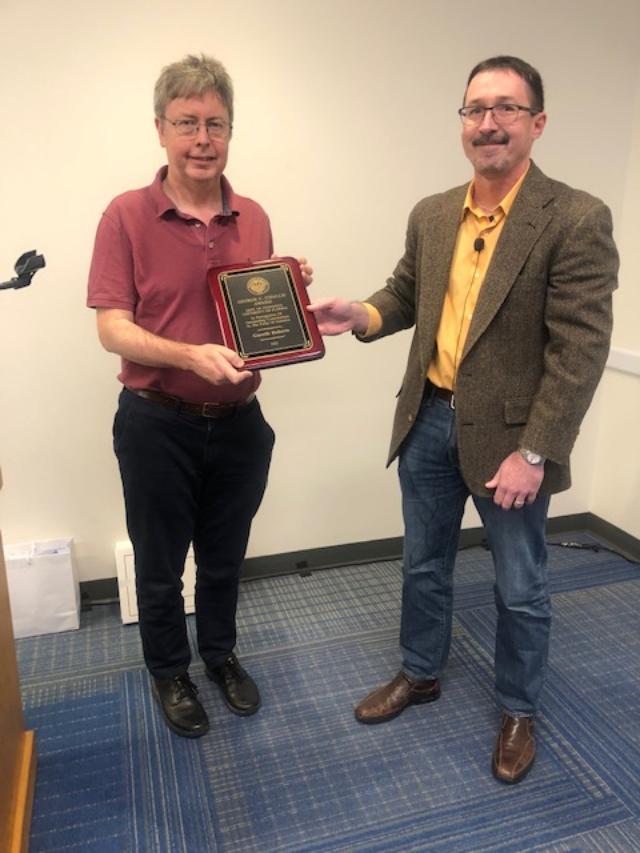Professor Gareth Roberts
Department of Statistics
The University of Warwick

His research interests include applied probability, Bayesian statistics and computational statistics. His work has made significant contributions to the theory and application of Markov chain Monte Carlo algorithms. He received his undergraduate degree in Mathematics from Oxford University and a PhD in Statistics from the University of Warwick.
His research has enabled the development of statistical models for the study of epidemics in animal populations, such as bird flu and foot and mouth disease, and been applied to problems in finance and spatial statistics. He has also made fundamental contributions to infinite dimensional simulation problems and inference in stochastic processes.
Gareth has received many accolades, including the Rollo Davidson Prize of the University of Cambridge in 1999 and the Guy Medal of the Royal Statistical Society, in both Bronze and Silver in 1997 and 2008, respectively. He has also served as the Editor of the Journal of the Royal Statistical Society: Series B (Statistical Methodology).
General Lecture
Thursday, November 17, 4:00PM to 5:00PM
Title:
The FIFA 2022 World Cup Draw: Bias and Corrections
Abstract:
Draws for major sporting events are often televised and carried out in a sequential fashion to maximize excitement and to increase anticipation for the sporting event itself. In this regard, organizations such as FIFA and UEFA in soccer have been highly successful. However these draw procedures are also often subject to constraints which make the problem of simulating a fair draw (ie uniform over all feasible draws which satisfy the constraints) difficult to achieve using a sequential procedure. For example the recent FIFA World Cup draw imposed geographical constraints to avoid countries from the same continental confederation (apart from Europe) playing each other in the group stages. Recent draws by FIFA and UEFA have all (to a greater or lesser extent) been biased. From a computational statistical perspective, they have been based on approximate SMC procedures. This talk will investigate these biases and suggest practical solutions which respect the desire to unveil such a draw in a sequential fashion. The algorithms developed will be examples of a class of algorithms known as Retrospective Simulation. The main focus will be on the FIFA 2022 World Cup draw. This is joint work with Jeffrey Rosenthal.
Technical Lecture
Friday, November 18, 2022, 4:00PM to 5:00PM
Title:
Exact approaches to the Bayesian Fusion problem
Abstract:
Suppose we can readily access samples from $\pi_i(x)$, $1\le i\le n$, but we wish to obtain samples from $\pi (x) = \prod_ {i=1}^n \pi_i (x) $. The so-called {\em Fusion} problem comes up within various areas of modern Bayesian analysis, for example in the context of big data or privacy constraints, as well as more traditional areas such as meta-analysis. Many approximate solutions to this problem have been proposed. However this talk will present an exact solution based on rejection sampling in an extended state space, where the accept/reject decision is carried out by simulating the skeleton of a suitably constructed auxiliary collection of Brownian bridges. Various strategies for practically implementing these ideas will be presented including the {\em Monte Carlo Fusion} and {\em Bayesian Fusion Fusion} algorithms and various extensions. This is joint work with Hongsheng Dai and Murray Pollock.
